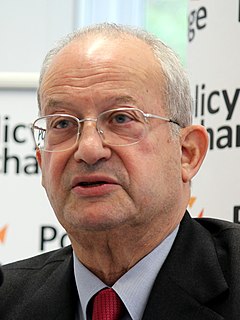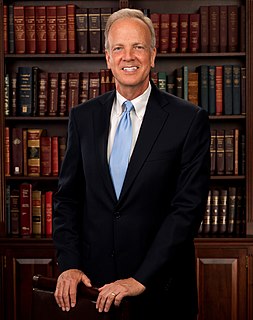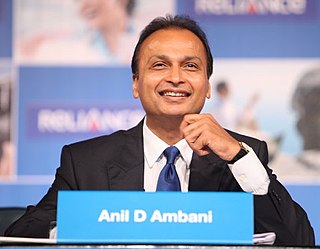A Quote by David Sainsbury, Baron Sainsbury of Turville
I am proud of the fact that the U.K. is an open trading country. I welcome inward investment such as that of Nissan, and the takeover of struggling British companies by foreign companies who turn them around, as in the case of Jaguar Land Rover. I also accept that job losses sometimes have to occur to restore failing companies to health.
Related Quotes
In those countries where income taxes are lower than in the United States, the ability to defer the payment of U.S. tax by retaining income in the subsidiary companies provides a tax advantage for companies operating through overseas subsidiaries that is not available to companies operating solely in the United States. Many American investors properly made use of this deferral in the conduct of their foreign investment.

































